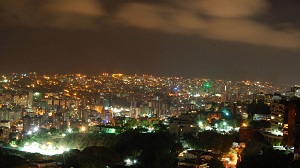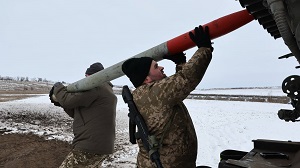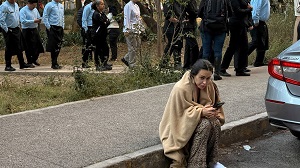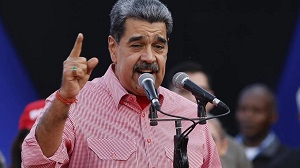Lebanon: Fall of BDL Reserves Imposes Review of Subsidized Basic Materials
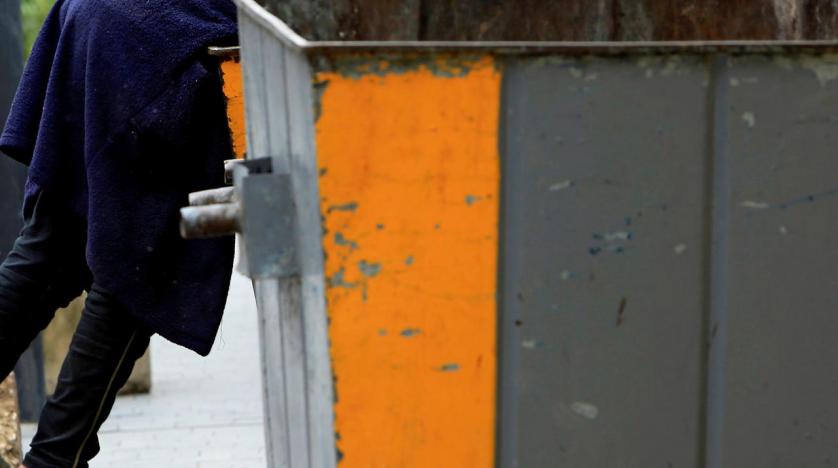
Asharq Al-Awsat
Reports circulating on the decreasing hard currency reserves at Lebanon’s Central Bank indicate that the latter would no longer be able to subsidize basic consumables to compensate for the sharp devaluation of the local currency against the US dollar in the parallel market.
The BDL has been securing credit lines for importers of basic materials, specifically wheat, fuel, and medicine, at the official USD price, which remains stable at 1515 LBP in the official market. But its reserves in US dollars have drastically fallen to around USD 18 billion, compared to USD 39 billion before the aggravation of the crisis since last October.
According to available information, BDL Governor Riad Salame would not continue to subsidize the import of basic materials and had set a three-month deadline to stop this severe deterioration by finding quick solutions to the crisis.
However, faltering negotiations with the International Monetary Fund (IMF) and the absence of alternatives and realistic options have pushed financial experts to raise the alarm, alerting to urgent solutions that the government might adopt and which could afflict the citizens with heavy burdens.
According to the experts, the government can resort to increasing the official exchange rate in the next few months, while maintaining the same salaries. This will badly strike the purchasing power and cause a deeper contraction of the national economy, which is witnessing an unprecedented collapse.
The government has been avoiding revealing the next steps, knowing that it has disregarded a proposal made by Economy Minister Raoul Nehmeh last June to lift the support provided by the BDL to the import of fuel and wheat and replace it with purchase vouchers distributed to underprivileged citizens.
Strategic Economist Professor Jassem Ajaka warned of three plans that the government would resort to during the next two months, including raising the exchange rate to LBP 5,000, increasing wages in the public sector in the absence of any state revenues, and adopting a tax project that would direct a fatal blow to the dying economy.
These plans, if implemented, would raise poverty rates to enormous levels, cut the purchasing power, and worsen the inflation, leading to colossal repercussions that the country would not be able to absorb, according to Ajaka.
